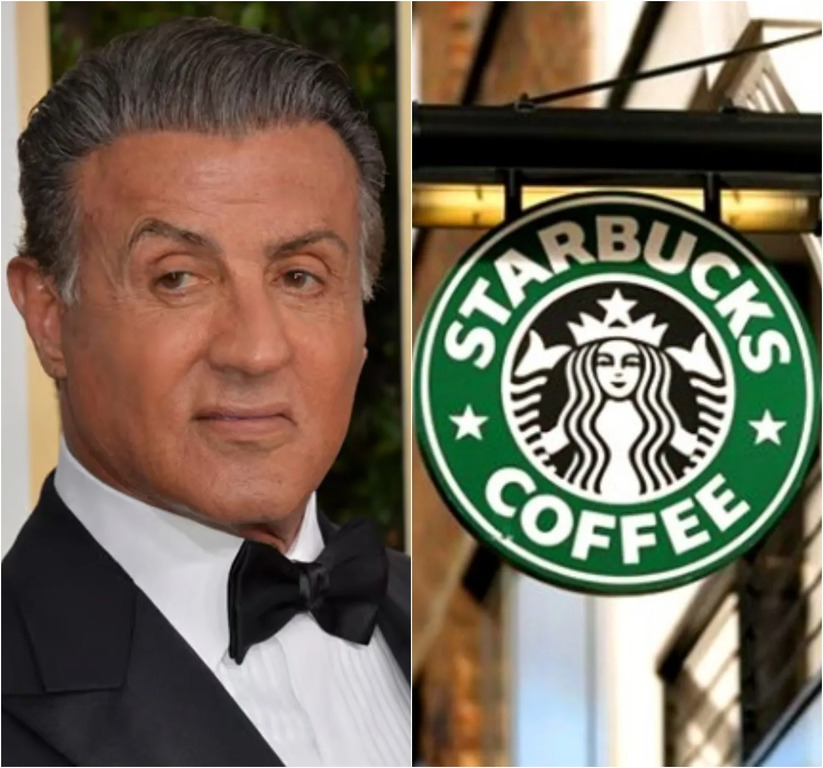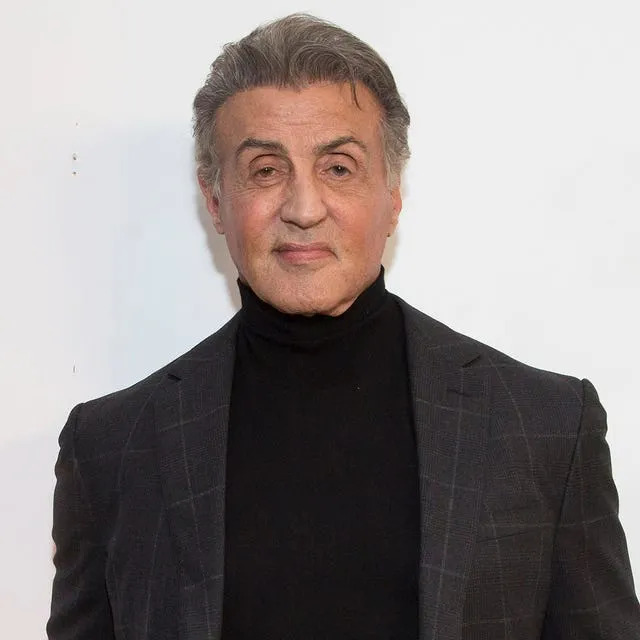Hollywood legend Sylvester Stallone is venturing into a new business realm by launching his own coffee shop chains, aimed at providing an alternative to Starbucks. The initiative, described as anti-woke, has sparked significant attention, igniting discussions about the evolving landscape of the coffee industry and the cultural undertones that now seem to shape consumer behavior.

Best known for his iconic roles in Rocky and Rambo, Stallones latest move diverges from the entertainment industry, tapping into what some perceive as a growing dissatisfaction with large corporations that adopt progressive social and political stances. Stallones coffee chain aims to offer a different experience, distancing itself from the more socially conscious messaging associated with Starbucks.
While Starbucks has long embraced social responsibility initiatives, such as LGBTQ+ inclusivity, racial equity, and sustainability efforts, Stallones concept appears to align with an audience that feels alienated by what they see as woke corporate culture.
The term anti-woke has become a controversial buzzword in recent years, typically associated with those who reject certain progressive ideologies. Stallones coffee brand, still unnamed at this point, intends to cater to customers who seek an apolitical coffee experienceone that focuses solely on quality drinks and service without engaging in contemporary social or political movements.
The project is reportedly in its early stages, with Stallone and his team exploring potential locations in key metropolitan areas across the United States. Industry experts are already speculating about how this venture could disrupt the coffee market, traditionally dominated by brands like Starbucks.
The coffee industry is increasingly intertwined with social and political discourse. Starbucks has received both praise and criticism for its progressive stances, from supporting Black Lives Matter to introducing gender-neutral restrooms. These initiatives have resonated with many, but they have also alienated a segment of customers who prefer businesses to remain neutral.

Launching a coffee chain that positions itself as anti-woke is not without challenges. Critics argue that Stallones approach might polarize potential customers, especially in a market where many consumers prioritize brands that align with their values. Additionally, competing with an established giant like Starbucks will require more than just a contrasting ideologyit will necessitate exceptional quality, competitive pricing, and an engaging brand identity.
Sylvester Stallones decision to enter the coffee industry with an anti-woke angle reflects the complex cultural dynamics shaping consumer behavior today. Whether this business endeavor will thrive or falter remains to be seen, but it undoubtedly highlights the growing intersection of commerce and ideology. As the public waits for further details, one thing is certainStallones latest move will keep both fans and critics watching closely.
The launch of this coffee chain exemplifies the shifting narratives within the retail sector, where brands are increasingly challenged to balance commercial goals with cultural relevance. Time will tell if Stallones venture will resonate with consumers looking for a changeor if Starbucks dominance will remain unchallenged in the face of this new competitor.